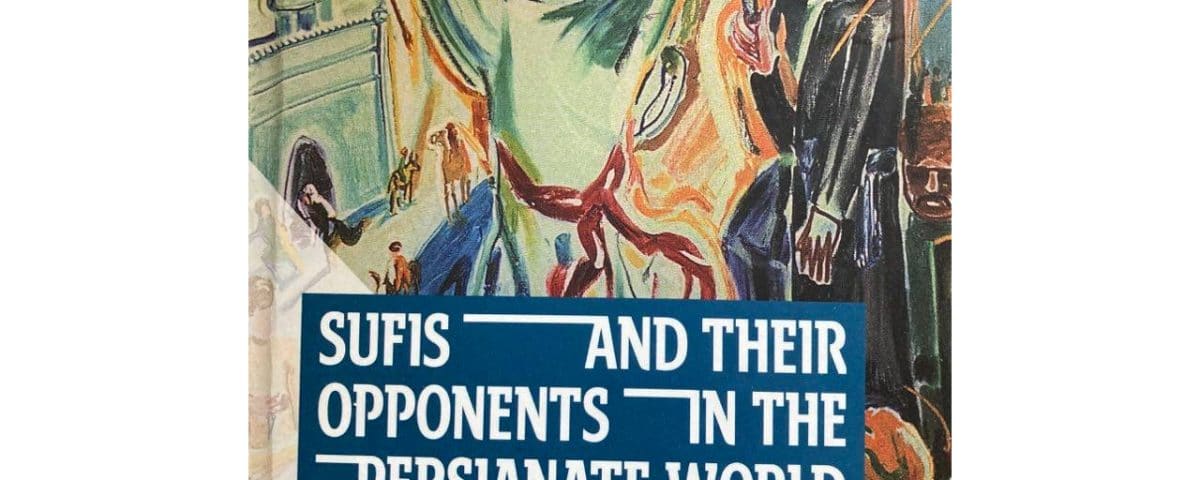Sufis and Their Opponents in the Persianate World

The contents of Sufis and Their Opponents in the Persianate World, published in 2020, is based on the conference ‘Sufis and Mullahs: Sufis and Their Opponents in the Persianate World’, organized in 2016 by Leonard Lewison and Reza Tabandeh at the Institute of Arab and Islamic Studies (IAIS) at the University of Exeter, which brought together scholars on Sufism from around the world.
The book contains about 600 pages covering various aspects of “the Sufi/anti-Sufi opposition in a large historical timeframe and vast geographical expanse”. The book’s contents are divided into five main sections including Medieval Persia and early modern central Iran, Anatolia, Mongol, Timurid, and Safavid Persia, Qajar Persia and Contemporary Iran and Classical Persian Sufi poetry.
Leonard Lewison explains at the beginning of the book that “opposition to Sufism and the persecution of Sufis have been unfortunate facts of Islamic history for over a millennium. Many reasons for this opposition exist. Fundamentally, the conflict is rooted in differences of metaphysical and theological perspectives and opposition of esoteric and exoteric modes of thinking.”
He adds “with very few exceptions the Sufi tradition in most Muslim countries today is on the defensive. The persecution, harassment, torture, imprisonment, and murder of Sufis at the hands of a conservative clerical establishment or extremist Muslims or both is a daily phenomenon in all countries from Syria to Afghanistan.”
Some parts of the book highlight the influential figures in Sufi/anti-Sufi conflict. In “Anti Sufism in early Qajar Iran: Aqa Muhammad Ali Bihbahani (1732_1801) and his Risala-yi khayratiyya” by Olivier Scharbordt, we read Aqa Muhammad Ali Bihbahani was one of the fiercest anti-Sufi clerics of early Qajar Iran and earned the epithet “Sufi killer” for his implications in the murders of several leading Sufis. His writing and activities provided a religious justification for their persecution today.
In “a review on the life and some juridical opinions of Nur Ali Shah Gunabadi (1867-1918), Mehran Rahbari explains that “One hundred years after Aqa Muhammad Ali Bihbahani, Nur Ali shah’s opinions such as forbidding the use of opium and slavery were never expressed by Shiia jurists before him. He also believed that polygamy was a reprehensible act.”
After the Islamic revolution, Sufis and specifically Gunabadi dervishes, who observe Ja’fari Shia Islam, Iran’s official state religion, faced persecution. There is no essay or contribution in this book about Sufis under the Islamic Republic where clerics at power repressed Dervishe harshly.
